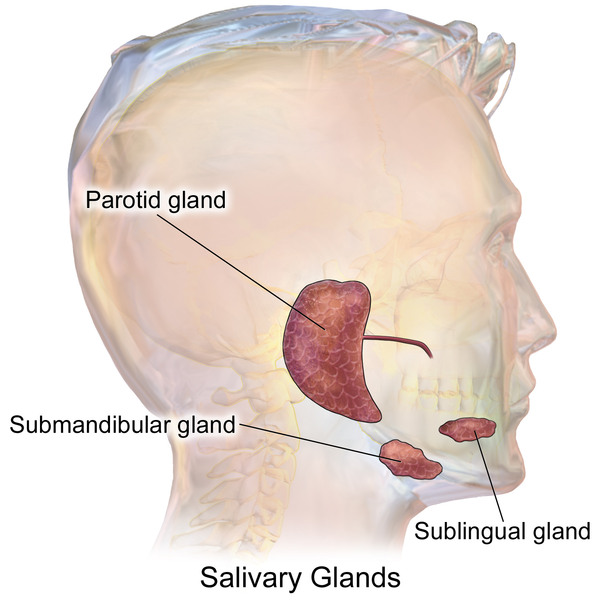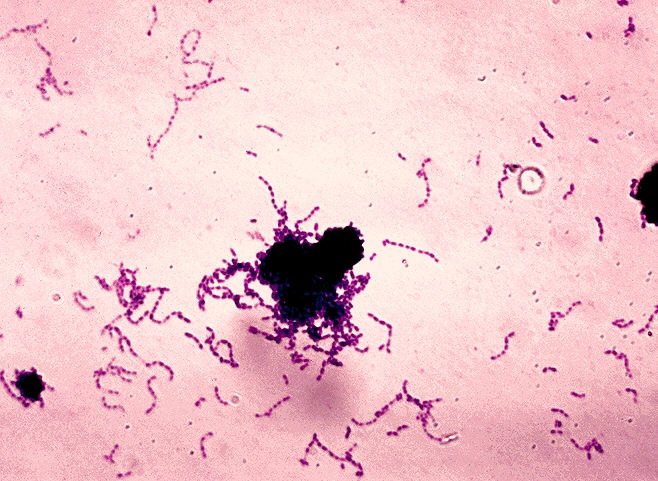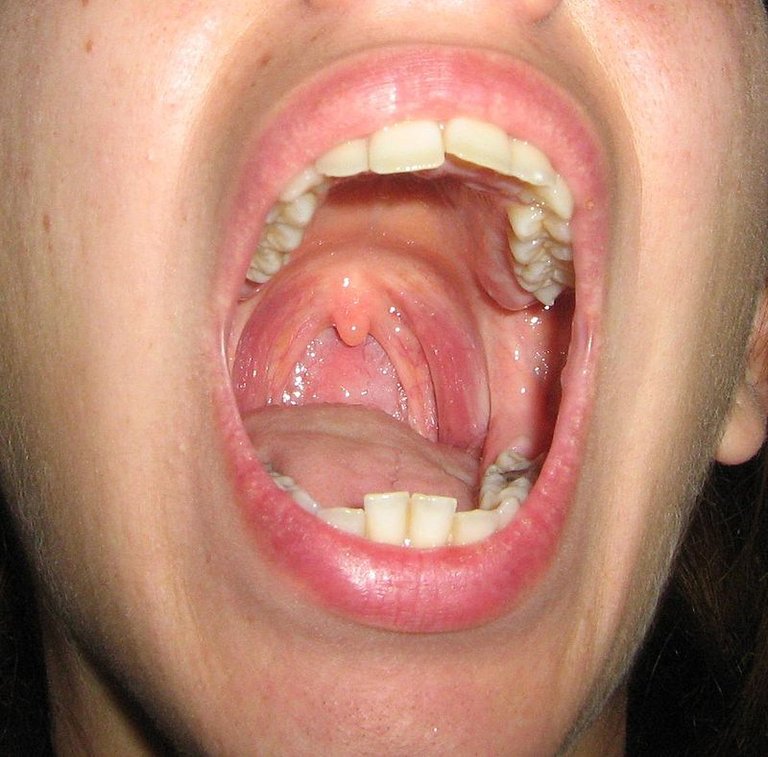INTRODUCTION
The mouth, oral cavity, buccal cavity are all various ways in which the hole on the face of man and animals is called.
The mouth comprises saliva and it's glands, teeth, various enzymes which aids in food mastication, tongue and is covered by the upper and lower lips.
Saliva, the liquid component in our mouths is made up of water, mucus, enzymes, blood cells, anti microbial agents and many more. It serves a multiple of functions ranging from the lubrication of the mouth, break down of food particles in the crevices of the teeth to avoid tooth decay to wetting food and initiation of swallow of food bolus.
It's quite pathetic that despite knowing the health hazards attributed to spitting in public, most individuals are still adamant to rid themselves of this gross act. Unfortunately for some, it has gone beyond a voluntary act and they apparently don't see spitting in public as disgusting anymore. As a matter of fact, spitting is not a habit worth getting into for any reason whatsoever.
Figure 1:Salivary Glands

Link - Wikipedia - By BlausenLicense CC BY 3.0
Personally, I believe that 'ignorance' can't be used as an excuse in this case. Even an illiterate knows the health implications of spitting in public. However, the main aim of this write up was to briefly show the link between the human mouth (specifically the saliva) and basic ecological concepts.
Basic ecological concepts happen to be one of my favorite topics in biology. The ecological properties of the mouth as a microbial habitat makes it different from all other surfaces of the human body. The mouth consists of several distinct ecological niches (lips, cheek, tongue, gum, palate and teeth); each of which supports the growth of a characteristic microbial community. Thus the mouth is not regarded as a uniform environment.
Figure 2: Salivary Microbes

Link - Wikipedia - Content ProvidersLicense CC BY-SA 3.0
Based on studies, environment of an organism consist of all factors found in its surroundings that affect the organism. And the major factor is the place where the organism lives (habitat), and the physical conditions of the place (such as temperature, etc). The mouth is seen as the oral microbial habitat, and it's composed of wide variety of species. These microbes are either beneficial or detrimental to health.
Saliva plays an important role in maintaining the well-being of the teeth by flushing away microbes. Saliva can therefore be described as a microbial reservoir. However, most people tern to undermine its health implications, that's why they expectorate in public (roads, walls, trash cans, etc). This is capable of spreading air-borne respiratory diseases and might lead to tuberculosis epidemic outbreak if left unchecked.
Figure 3: The Oral Cavity

Link - Wikipedia - By LusbLicense CC 3.0
CONCLUSION
However detrimental the effects of salivary microbes could be, the importance of saliva can not be over emphasized. Although one can not effectively delete microbes from saliva, one could reduce the infestation of most of them by maintaining proper oral hygiene. Please note that this article is not all encompassing on the issue of saliva and microbes as more knowledge based publications are evolving on a daily basis.
Stay Healthy, Live Healthy!
REFERENCES
1. Saliva-microbe interactions and salivary gland dysfunction

SteemSTEM is a community project with the goal to promote and support Science, Technology, Engineering and Mathematics on the Steem blockchain. If you wish to support the steemSTEM project you can:
Contribute STEM content using the #steemstem tag | Support steemstem authors | Join our curation trail | Visit our Discord community | Delegate SP to steemstem
very useful post
keep it up 👍
Such comment is regarded as spam on the steemit platform. Desist from it to avoid being flagged. Always read through so you can contribute to the matter of discussion.